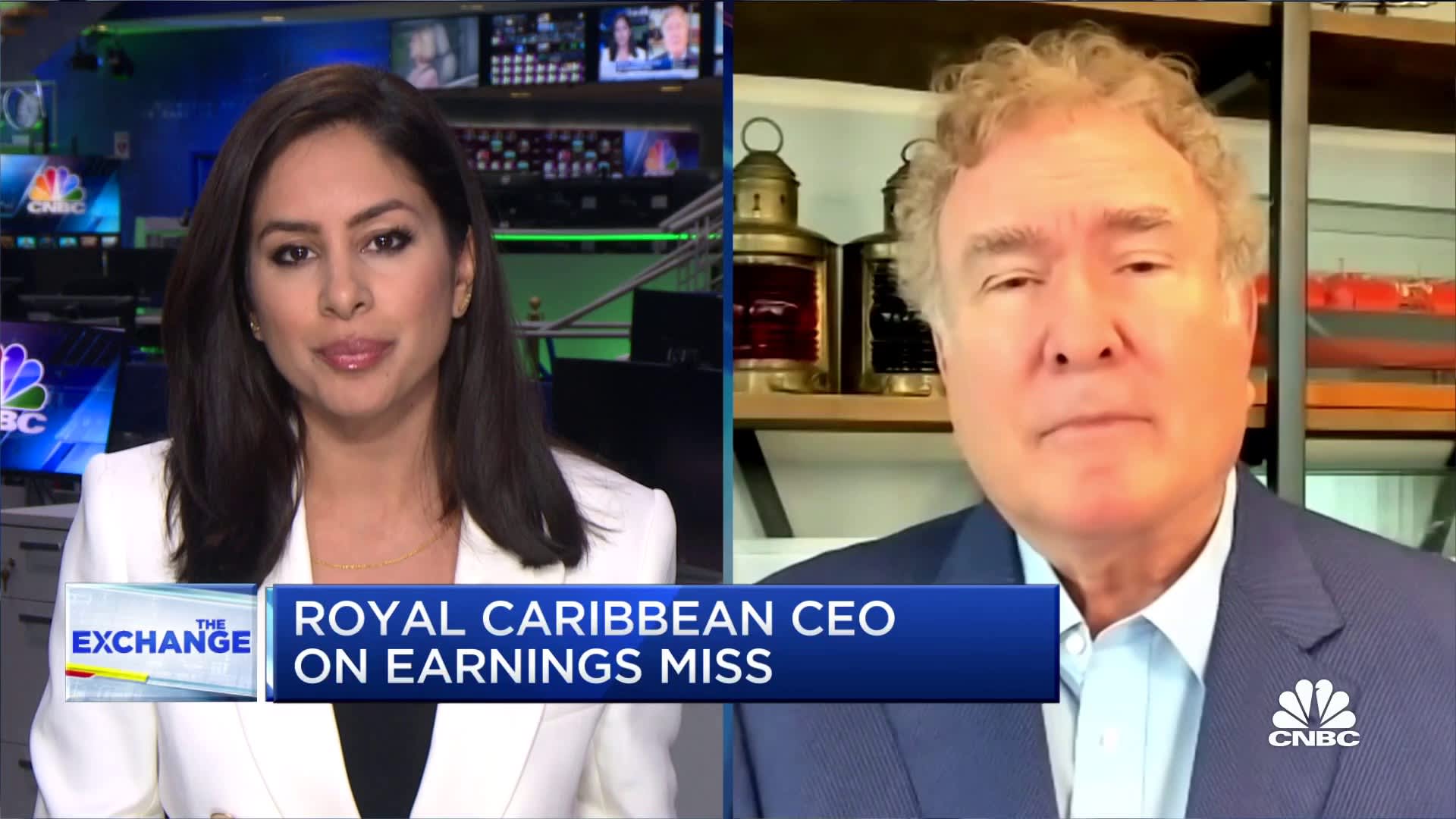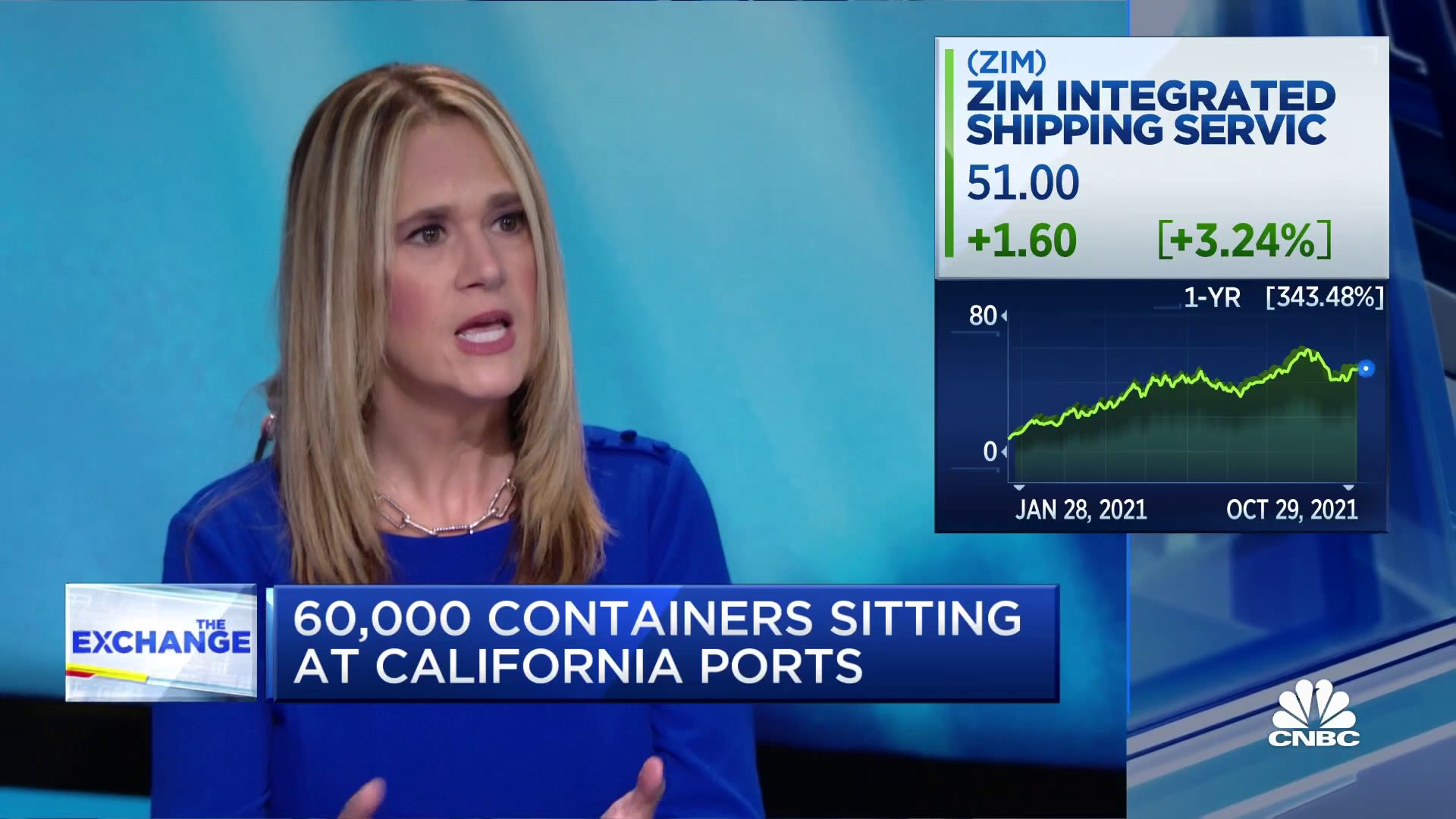EDITOR'S NOTE
Morgan Stanley's new crypto coverage launched this morning just as Bloomberg published a story noting that "Wall Street is Amassing a Crypto Army and Paying Up for Recruits." And just a day after the crypto world celebrated the 13th anniversary of the Bitcoin white paper that predated the launch of Bitcoin itself in 2009--at a value of $0.0008 each.
The nine-page white paper makes no mention of "hard money" or Austrian economics or the Federal Reserve or bailouts or anything like that. It talks instead about how it would solve the ecommerce problem of needing to have "non-reversible payments." Nevertheless, Bitcoin has come to stand as the preferred store of value in a world that has gone wild with central bank money-printing. And the white paper's original publication date of October 2008--just weeks after the financial crisis climaxed with the Fed's bailout of AIG--speaks for itself to the crypto community.
Crypto has become so successful that it is, in many ways, the new macro. Morgan Stanley moved one of their top-rated FX strategists, Sheena Shah, to cover it. At a time when Wall Street itself has been shrinking, firms have added about "1,000 crypto-related roles since 2018," according to Bloomberg--and paying a premium for those hires. It's no accident that one of the foremost macro traders, Mike Novogratz, shuttered his macro hedge fund in 2015 only to launch Galaxy Digital, a crypto merchant bank, shortly thereafter. He's probably even a bigger star now than in his prior heyday.
Or look at Sam Bankman-Fried, who founded FTX, one of the leading crypto platforms, after starting his career trading international ETFs at Jane Street. I know plenty of people myself who once worked at big-name financial firms but now are building wealth thanks to roles--or simply holdings--in the crypto world. You look at the raft of hedge funds popping up to run arbitrage trades and things like that and it's so reminiscent of what hedge funds used to do in the dollarized world fifteen years ago before too much competition and heavy government interference drove all the returns away.
We talked before about how Yale researcher Gary Gorton recently came out with a paper called "Taming Wildcat Stablecoins," comparing cryptocurrencies today to the wildcat, "free banking" era in the U.S. in the 19th century before regulators created a uniform national currency. He didn't mean it as a compliment, but for many who now feel stuck career-wise in the boring macro world, that's exactly the appeal; crypto being one of the last frontiers now to experience the excitement--and fatter returns--of the "wild, wild west."
A final point. There will be much desire, especially among crypto purists and hardcore Bitcoiners, to scapegoat Wall Street in the next crypto collapse. "See, they ruin everything!" they'll scream. But it's the crypto community itself that is currently creating the leverage machine that now risks collapsing, as longtime Bitcoiners like Caitlin Long of Avanti Bank have been warning.
"Shame that Bitcoin prices are being manipulated by [the] same leverage games that affect tradfi," or traditional finance, she tweeted the other day. Long has not been happy with the Bitcoin futures ETF launch, the leverage games platforms are playing to generate massive yield, and the fact that, as she says, only "$80 billion of U.S. dollar deposit capacity supports an industry with $2.6 trillion in asset value," thanks in part to stablecoins.
But is all of this any real surprise given how many former denizens of the dollarized financial world have already shown up to relive their good old days in the crypto space? Or the simple fact that the human brain cannot seem to resist the lure of leverage-juiced returns--even though they caused the 2008 financial crisis that ushered in the bailouts that have now given rise to crypto in the first place.
This is already noted amongst Bitcoiners. The real debate is not whether crypto will have its own crisis, but whether anyone would get "bailed out" in that case. "There are no bailouts in Bitcoin" is quickly becoming a catchphrase. Whether that will actually prove true depends on to what extent "too big to fail" firms have exposure; dollars are only "worthless" until they're desperately needed to avoid going belly up. Crypto is the new macro, and now regulators are scrambling to catch up.
See you at 1 p.m!
Kelly

KEY STORIES
IN CASE YOU MISSED IT
| ||||||||||||||||||||||||||||||||||||||||||||||||||||||||||||||||||||||||||||||||||||||||||||||||||||||||||||||||||||||||||||||||||||||||||||||||||||||||||||||||||||||||||||||||||||||
Senin, 01 November 2021
Crypto is the new macro
Langganan:
Posting Komentar (Atom)








Tidak ada komentar:
Posting Komentar